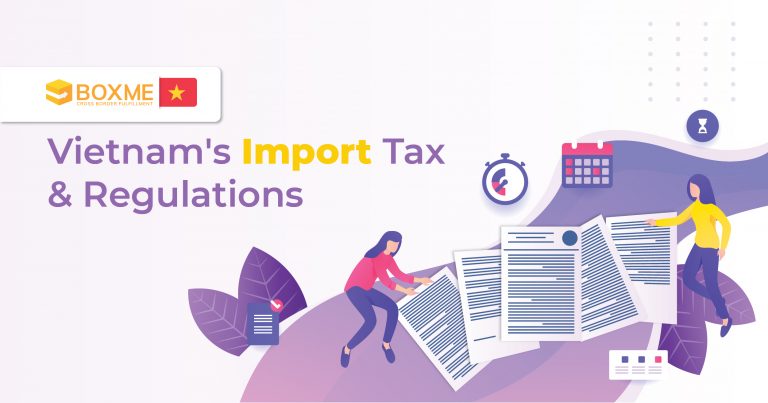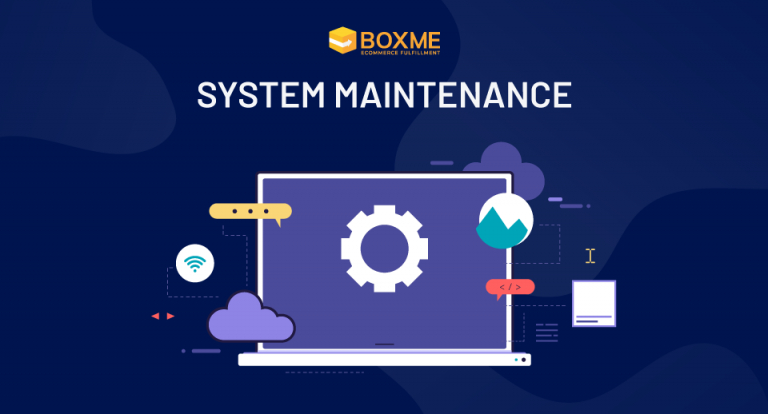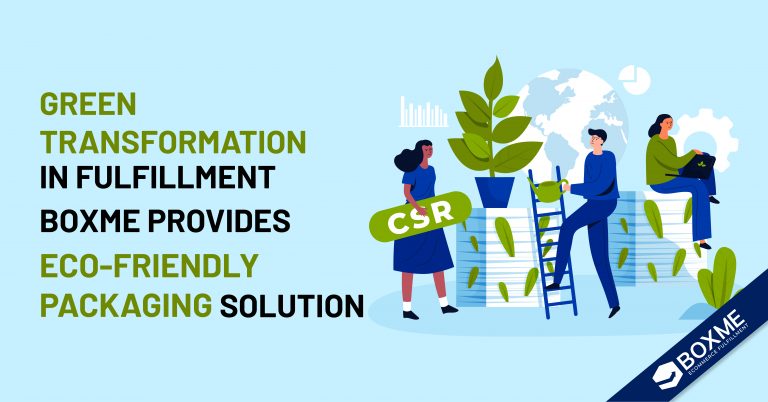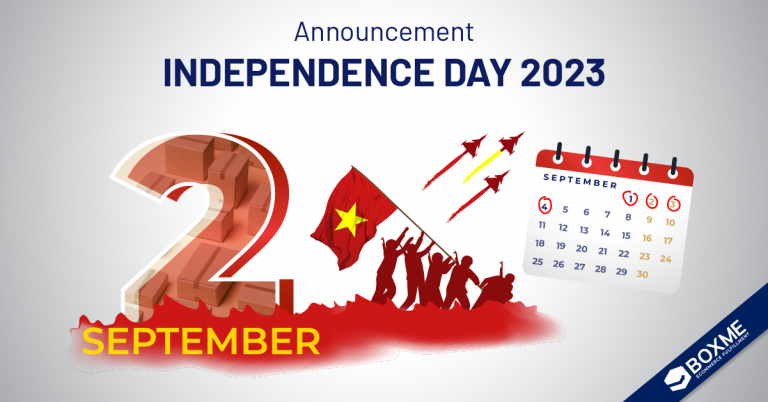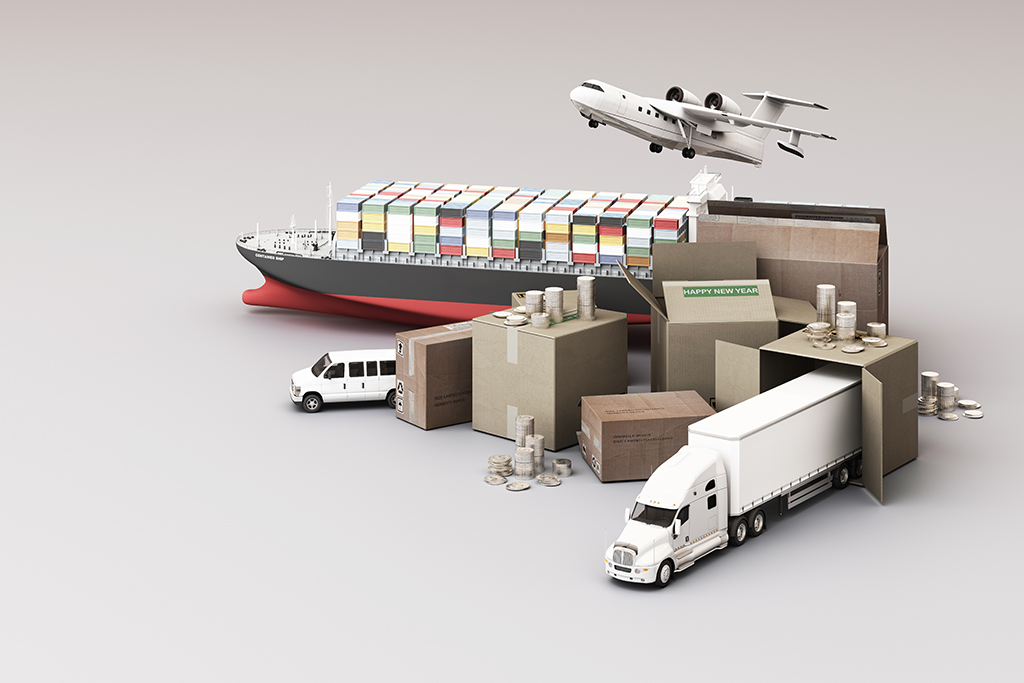
Importing license
In order to import goods to Vietnam, you need to acquire an investment license and a business registration certificate, authorized by the Department of Planning and Investment (DPI). With this license, you are allowed to import, export and wholesale your products to businesses. In case you want to sell directly to Vietnamese consumers, then a trading license is necessary.
Before applying for a license, you should be clear about the product you are planning to transport since updates are required if you want to import/export other products in the future.
Product registration
Products have to be registered with the government upon entering the market. Each product category has different registration procedures involving the related departments.
For example, cosmetics products have to be registered and reviewed by the Minister of Health in Vietnam, provided with documents such as proclamation report, company registration, product information, etc. before importing.
Boxme Global can assist you with the product registration process for any type of product. Consult with us now!
Import tax
The majority of imported goods are subject to duty. The rates vary depending on the product category, however, consumer goods and luxury items are usually charged at a higher rate than raw materials and manufacturing equipment. All taxes should be paid on-time before custom clearance as you may face penalties of lower import success rate.
Value-added tax (VAT)
Other than import duty, import goods are also subjected to value-added tax. The standard rate is 10%, with several exemptions:
- 0%: Machinery that can’t be manufactured in Vietnam, humanitarian aid, etc.
- 5%: Medical equipment, sugar, clean water, fresh food, etc.
Other taxes
- Special consumption tax (SCT): Goods that are classified as luxuries such as alcohol, tobacco, and petroleum products also face this additional tax, starting at 7%.
- Environmental protection tax (EPT): Products that are harmful to the environment (plastics, coal, gasoline, etc.) are imposed with this tax.
Duty exemption
The government has signed various trade agreements, allowing foreign goods to enter Vietnam with a deducted import tax and vice versa.
- ASEAN Free Trade Area
- ASEAN – China (ACFTA)
- ASEAN – Korea (AKFTA)
- ASEAN – Japan (AJCEP)
- Vietnam – Japan (VJEPA)
- ASEAN – Australia – New Zealand (AANZFTA)
- ASEAN – India (AIFTA)
- Vietnam – Chile (VCFTA)
Additionally, products with the following purposes are also exempted from tax, according to Article 16 of the Law No. 107/2016/QH13
- For manufacturing export products
- For temporary import
- Materials for domestic manufacturing
- Etc.
Prohibited goods
You can refer to Circular No. 34/2013/TT-BCT, issued by the Ministry of Industry and Trade for the list of prohibited goods, including:
- Cigars
- Secondhand items
- Newspapers, journals, and periodicals
- Recorded media
- Petroleum oils
- Etc.

Import tax calculation
- Import tax: [Total value + SCT (if any) + EPT (if any)] x tax rate
- Value-added tax (VAT): [Total value + import tax] x VAT tax rate
- Special consumption tax (SCT): Total value x SCT rate
- Environmental protection tax (EPT): Quantity x EPT rate
Total tax = Import tax + VAT + SCT (if any) + EPT (if any)
–> Read more: Southeast Asia’s Taxing And Regulations On E-Commerce
Boxme is the premier cross-border e-Commerce fulfillment network in Southeast Asia, enabling world-wide merchants to sell online into this region without needing to establish a local presence. We deliver our services by aggregating and operating a one-stop value chain of logistic professions including: International shipping, customs clearance, warehousing, connection to local marketplaces, pick and pack, last-mile delivery, local payment collection and oversea remittance.

